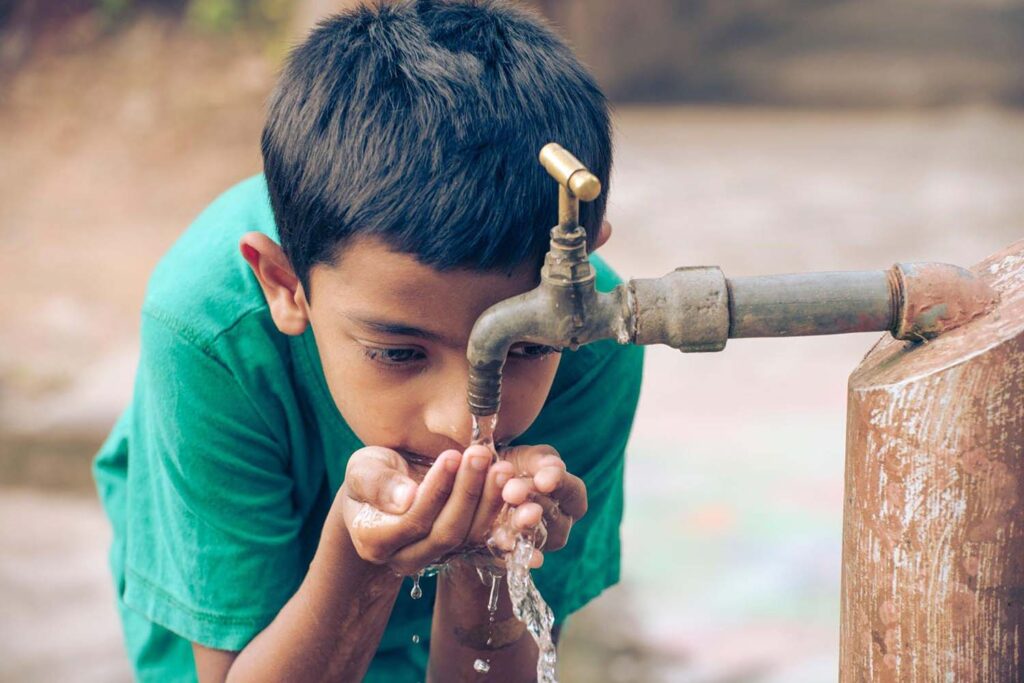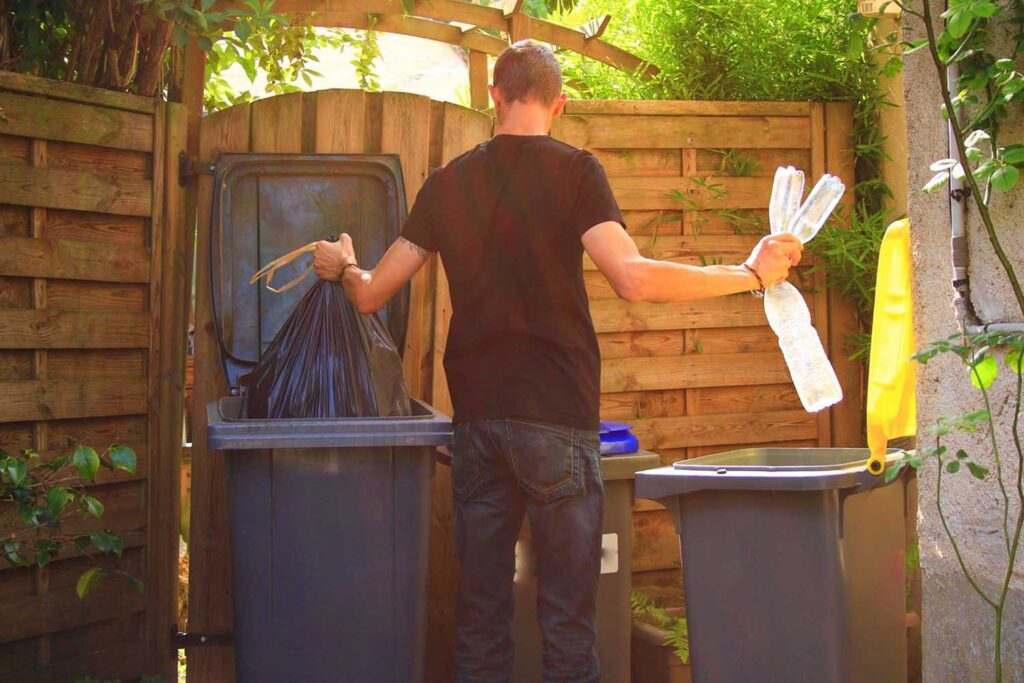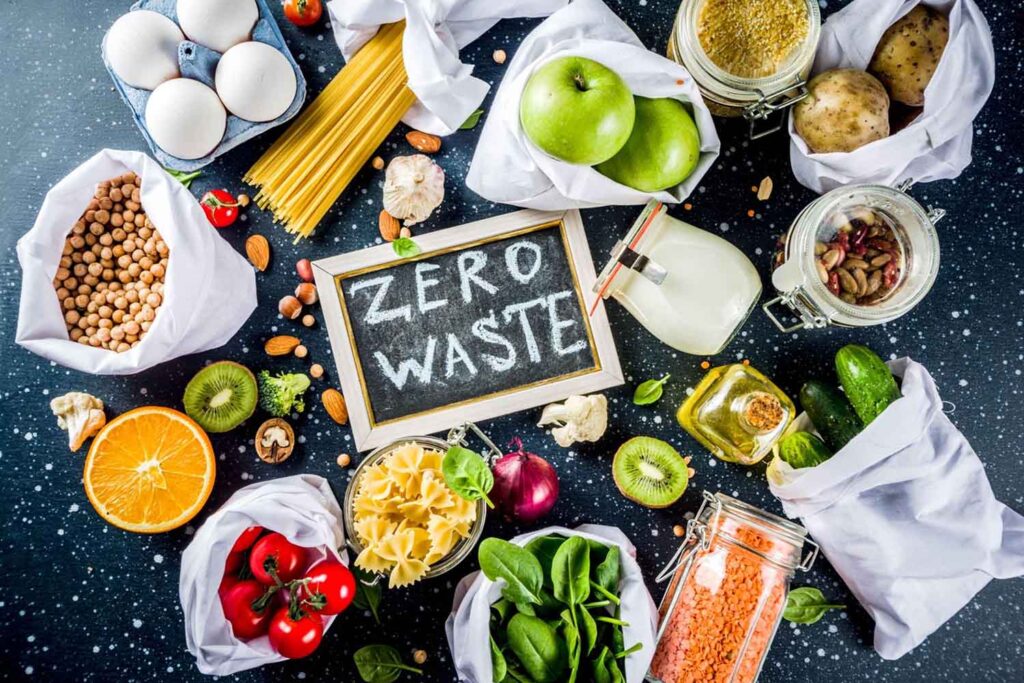Introduction
What is the environmental impact?

Reducing your environmental impact at home involves minimizing the effects that human activities have on the environment. This effort includes improving air quality, preserving water quality, maintaining land quality, protecting wildlife, and addressing climate change.
Why is it important to reduce your environmental impact at home?
There are many reasons why it is important to reduce your environmental impact at home. One reason is to protect the environment for future generations. Another reason is to reduce your own risk of exposure to environmental pollutants. And finally, reducing your environmental impact can also save you money on your energy and water bills.
The benefits of reducing your environmental impact at home
There are many benefits to reducing your environmental impact at home. Some of these benefits include:
- Saving money on energy and water bills
- Reducing your carbon footprint
- Improving your health
- Protecting the environment for future generations
- Reducing your risk of exposure to environmental pollutants
Energy consumption

Switch to energy-efficient appliances and light bulbs
One of the best ways to reduce your energy consumption at home is to switch to energy-efficient appliances and light bulbs. Energy-efficient appliances use less energy to operate, which can save you money on your energy bills. Energy-efficient light bulbs also use less energy and last longer than traditional light bulbs.
Unplug electronics when you’re not using them
Even when electronics are turned off, they can still use power in standby mode. To reduce your energy consumption, unplug electronics when you’re not using them. This includes things like computers, TVs, and chargers.
Turn off the lights when you leave a room
Another simple way to reduce your energy consumption is to turn off lights when you leave a room. This may seem obvious, but it’s something that many people need to remember to do.
Weatherize your home
Weatherizing your home can help to reduce your energy consumption by making your home more energy-efficient. Some common weatherization measures include sealing air leaks, adding insulation, and installing energy-efficient windows and doors.
Here are some additional tips for reducing your energy consumption at home:
- Take shorter showers.
- Wash clothes in cold water whenever possible.
- Air-dry your clothes instead of using the dryer.
- Set your thermostat to a lower temperature in the winter and a higher temperature in the summer.
- Plant trees around your home to provide shade in the summer and block the wind in the winter.
Water consumption

Fix leaky faucets and pipes
Leaky faucets and pipes can save a lot of water. Even a small drip can waste hundreds of gallons of water per year. If you have any leaky faucets or pipes, be sure to fix them as soon as possible.
Take shorter showers
Taking shorter showers is a great way to save water. The average shower uses about 2.5 gallons of water per minute. If you can reduce your shower time by just a few minutes, you can save a lot of water.
Water your lawn less often
Most lawns can be watered once a week. Watering your lawn too often can waste water and lead to runoff, which can pollute waterways.
Collect rainwater to use for watering plants and washing your car
Rainwater is a free and sustainable source of water. You can collect rainwater in barrels or cisterns and use it to water your plants and wash your car.
Here are some additional tips for reducing your water consumption at home:
- Turn off the faucet when you brush your teeth or shave.
- Fix any leaky toilets.
- Install water-efficient appliances and fixtures.
- Water your lawn early in the morning or late in the evening to reduce evaporation.
- Mulch your garden to help retain moisture.
Waste production

Recycle and compost
Recycling and composting are two of the best ways to reduce your waste production. Recycling helps to divert waste from landfills and incinerators, and it conserves natural resources. Composting helps to break down organic matter, such as food scraps and yard waste, and it creates a nutrient-rich soil amendment.
Reduce your consumption of single-use plastics
Single-use plastics, such as plastic bags, straws, and water bottles, are a major contributor to waste pollution. To reduce your consumption of single-use plastics, bring your own reusable bags, straws, and water bottles when you go shopping.
Buy less stuff
One of the best ways to reduce your waste production is to buy less stuff. When you do buy things, choose high-quality items that will last. Also, consider buying used items instead of new items.
Repair items instead of throwing them away
When something breaks, don’t just throw it away. Try to repair it instead. This can save you money and reduce your waste production.
Here are some additional tips for reducing your waste production at home:
- Avoid disposable products whenever possible.
- Buy in bulk to reduce packaging waste.
- Donate unwanted items to charity or sell them online.
- Compost food scraps and yard waste.
- Recycle all recyclable materials.
Food consumption

Eat less meat
Meat production is a major contributor to greenhouse gas emissions, water pollution, and land use change. Eating less meat is a great way to reduce your environmental impact. There are many delicious and nutritious plant-based meals that you can enjoy.
Buy local and seasonal produce
Transporting food long distances requires a lot of energy, which contributes to greenhouse gas emissions. Buying local and seasonal produce helps to reduce your carbon footprint. It also supports local farmers and the local economy.
Cook at home more often
Eating out is convenient, but it can also be wasteful. When you eat out, you have less control over the ingredients and the amount of food that is served. Cooking at home more often gives you more control over your food choices and can help you reduce food waste.
Compost food scraps
Food scraps make up a large portion of household waste. Composting food scraps helps to reduce waste and create a nutrient-rich soil amendment.
Here are some additional tips for reducing your environmental impact through food consumption:
- Avoid processed foods.
- Plan your meals ahead of time to reduce food waste.
- Store food properly to keep it fresh longer.
- Freeze leftovers to eat later.
- Support sustainable agriculture practices.
Reducing your environmental impact through food consumption can be as simple as making small changes to your diet and cooking habits. By eating less meat, buying local and seasonal produce, cooking at home more often, and composting food scraps, you can make a big difference.
Conclusion
Summary of key points
There are many ways to reduce your environmental impact at home. Some of the key points include:
- Reducing your energy consumption by switching to energy-efficient appliances and light bulbs, unplugging electronics when you’re not using them, turning off lights when you leave a room, and weatherizing your home.
- You are reducing your water consumption by fixing leaky faucets and pipes, taking shorter showers, watering your lawn less often, and collecting rainwater to use for watering plants and washing your car.
- Reducing your waste production by recycling and composting, reducing your consumption of single-use plastics, buying less stuff, and repairing items instead of throwing them away.
- You are reducing your environmental impact through food consumption by eating less meat, buying local and seasonal produce, cooking at home more often, and composting food scraps.
